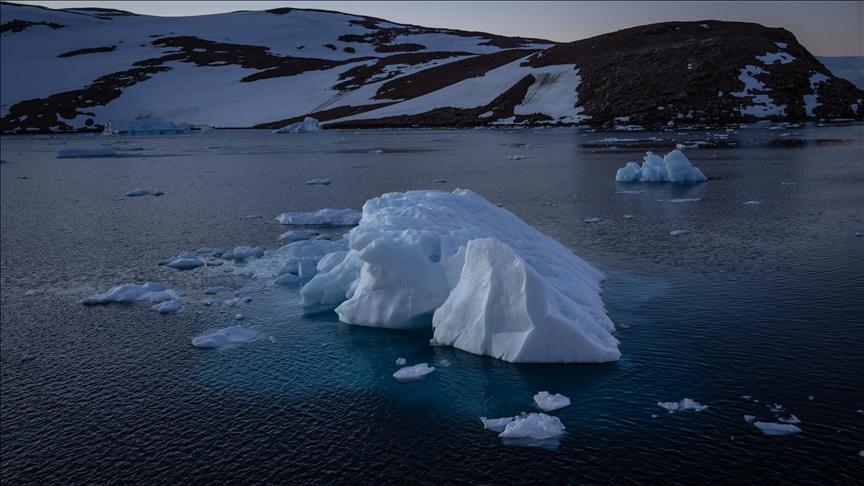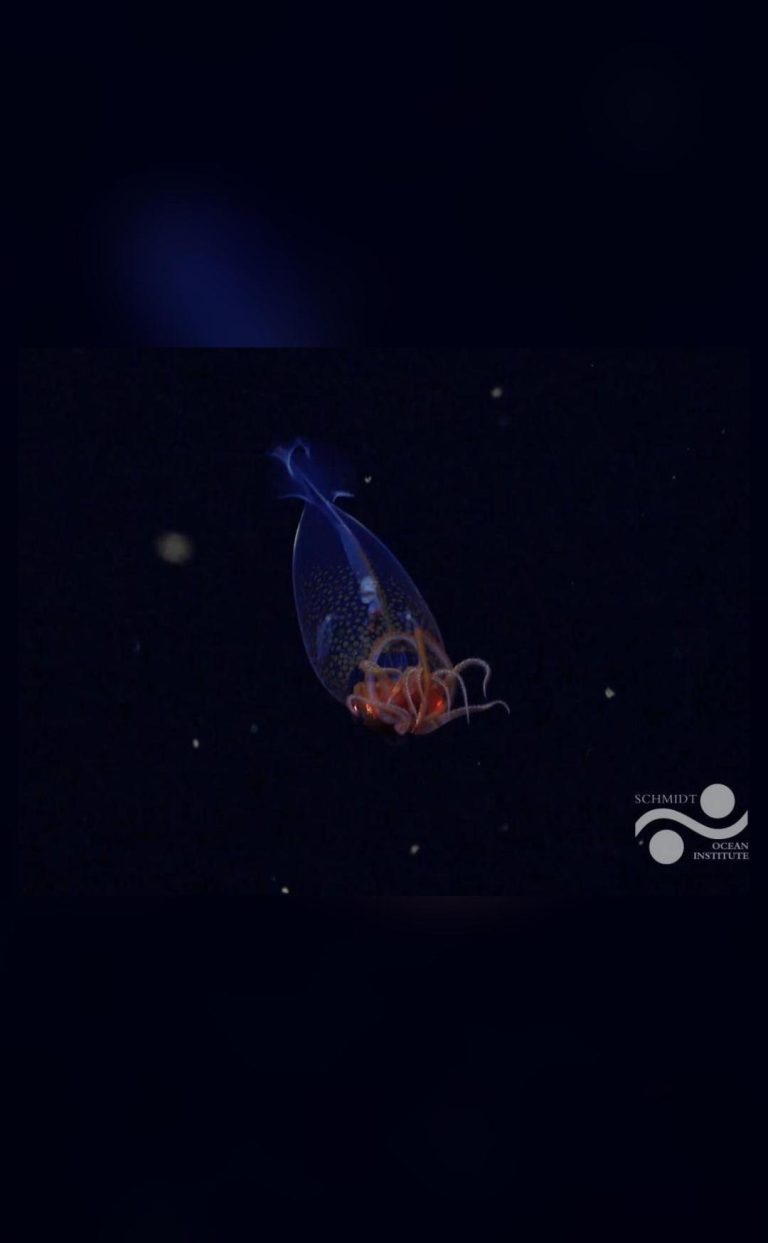
Antarctica’s Oldest Ice Cores Sent to Europe for Climate Study
In a groundbreaking effort to reconstruct Earth’s climate history, scientists from the Beyond EPICA (European Project for Ice Coring in Antarctica) project have successfully extracted Antarctica’s oldest ice cores from a depth of 2,800 meters. These ancient ice samples hold the key to unlocking the secrets of the Earth’s climate over the past 1.2 million years. The extracted cores have been transported to European laboratories for in-depth analysis, marking a significant milestone in the ongoing quest to understand the complexities of our planet’s climate.
The Beyond EPICA project, funded by the European Commission, aims to provide a comprehensive picture of the Earth’s climate history by analyzing the chemical composition and temperature records hidden within the ice cores. The extracted samples contain valuable information about atmospheric temperatures and greenhouse gas concentrations, offering scientists a unique window into the past.
The EPICA project has been ongoing for several decades, with the initial goal of extracting ice cores from Antarctica’s ice sheets. The project’s scientists have been working tirelessly to drill into the Antarctic ice sheet, using specialized equipment to extract cores of pristine ice. The extracted cores are then transported to European laboratories for analysis, where scientists use advanced techniques to extract and analyze the ice samples.
The latest batch of extracted ice cores dates back to the early Pleistocene era, approximately 1.2 million years ago. This period is significant because it marks the beginning of the current ice age, which has seen the rise and fall of several glacial periods. By analyzing the chemical composition and temperature records within the ice cores, scientists hope to gain a better understanding of the Earth’s climate fluctuations during this time.
The extracted ice cores are exceptionally well-preserved, thanks to the unique conditions found in Antarctica. The ice sheet’s extreme cold and dry environment have allowed the cores to remain intact for millions of years, providing a remarkably accurate record of the Earth’s climate history.
The analysis of the extracted ice cores is a complex and labor-intensive process. Scientists use advanced techniques, such as gas chromatography and mass spectrometry, to extract and analyze the chemical composition of the ice samples. The extracted data is then used to reconstruct the Earth’s climate history, providing valuable insights into the natural fluctuations of the climate system.
The findings from the EPICA project have significant implications for our understanding of the Earth’s climate. By analyzing the ice cores, scientists can gain a better understanding of the relationships between greenhouse gas concentrations, atmospheric temperatures, and glacial periods. This knowledge can be used to improve climate models, providing more accurate predictions of future climate change.
The EPICA project’s findings also have important implications for policy-making and climate change mitigation efforts. By understanding the natural fluctuations of the climate system, policymakers can develop more effective strategies for addressing the impacts of climate change.
The transportation of the extracted ice cores to European laboratories marks a significant milestone in the EPICA project. The cores will be analyzed using advanced techniques, providing scientists with a wealth of new information about the Earth’s climate history.
In conclusion, the extraction and transportation of Antarctica’s oldest ice cores to Europe for climate study is a groundbreaking achievement that has significant implications for our understanding of the Earth’s climate history. The EPICA project’s findings will provide valuable insights into the natural fluctuations of the climate system, informing climate models and policy-making efforts. As the project continues to unfold, we can expect to learn more about the Earth’s climate past and its implications for our future.
News Source:
https://www.aa.com.tr/en/science-technology/scientists-transport-antarcticas-oldest-ice-cores-to-europe/3516032






